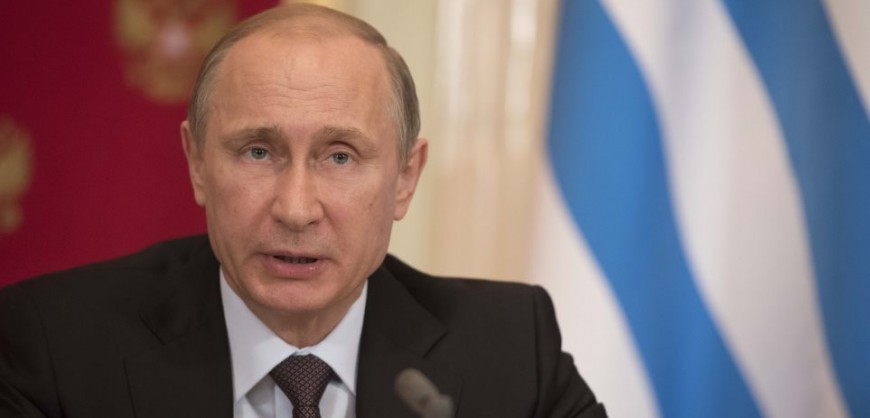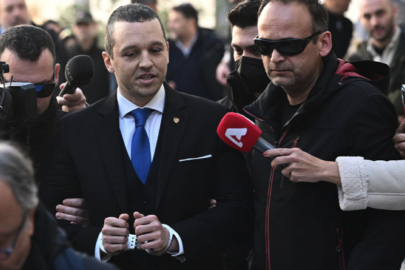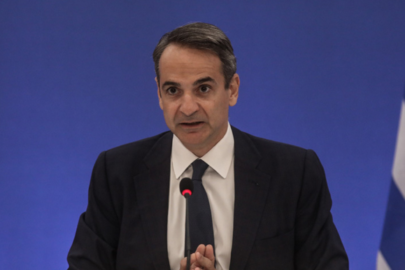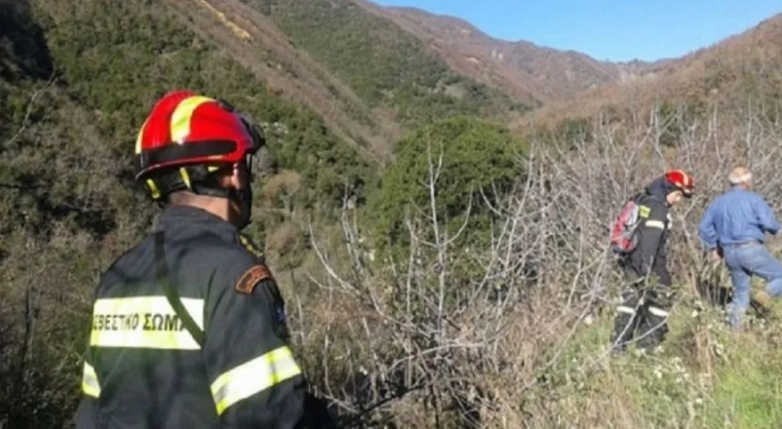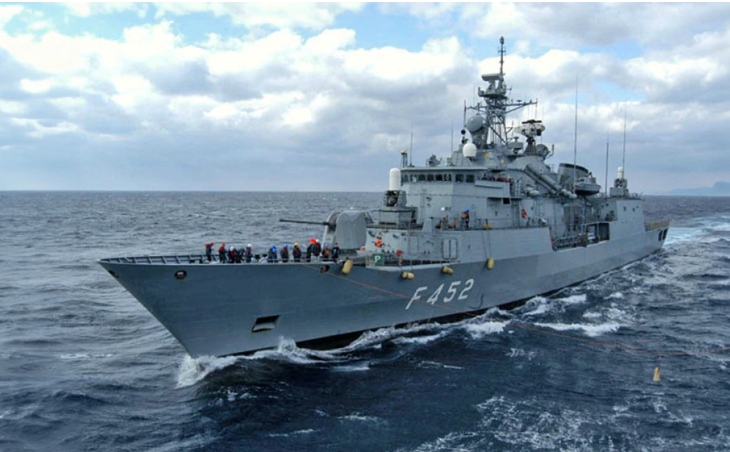An NGO called “European Values” based out of the Czech Republic claims Greece and Cyprus are the least effective when concerning combating Russian-spread fake new. The report released by the NGO, which has special segment on its site called “The Kremlin Watch” focused on examining all the possible way Russia could be interfering in European public life and policy-making, accused Greece that it not only avoided making efforts to curtail the influence of Russia in Greece, but it collaborated in order to spread “fake news” showing Russia in a favourable light.
The NGO study aimed to find out which European democracies are better shielded against the Russian disinformation campaigns or false news. The report showed Spain, France, Germany and Britain as the countries that recognise the threat of Russian interference and have taken steps to battle the propaganda, while Greece and Cyprus are presented as two countries that take no measures at all, even aiding in the spread of “fake” Russian news and are listed as “Kremlin collaborators” in the map.
European Values, a not-for-profit organisation that receives private donations as well as funds from foundations such as the Open Society Foundation of George Soros and the European Parliament, reviews the 28 member states within the European Union and their allies even year and rates their response to the threat of Russian disinformation campaigns. Listed as least aware are Hungary, Austria, Portugal, and Italy. In the latter country, recent election results may lead to either a government of technocrats or a repeat vote. In the next few weeks, the EU strategic communications center will publish a report that confirms that a Russian disinformation campaign, led by the outlet Sputnik, helped incite xenophobic sentiment during the elections.
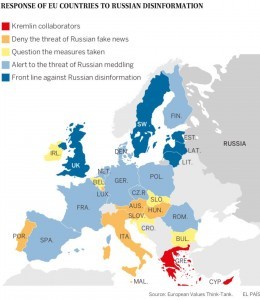
Spain is listed for the first time in the same group as France, Romania, Germany, Finland, the Czech Republic, Denmark and Poland, and is highlighted for its “political recognition of the Russian threat,” having introduced measures on both a government and intelligence level to address the issue. Spain is one step behind the United Kingdom, Sweden, Estonia, Lithuania and Latvia, which are considered the front line against Russia’s attempts to destabilise democracies across Europe.

